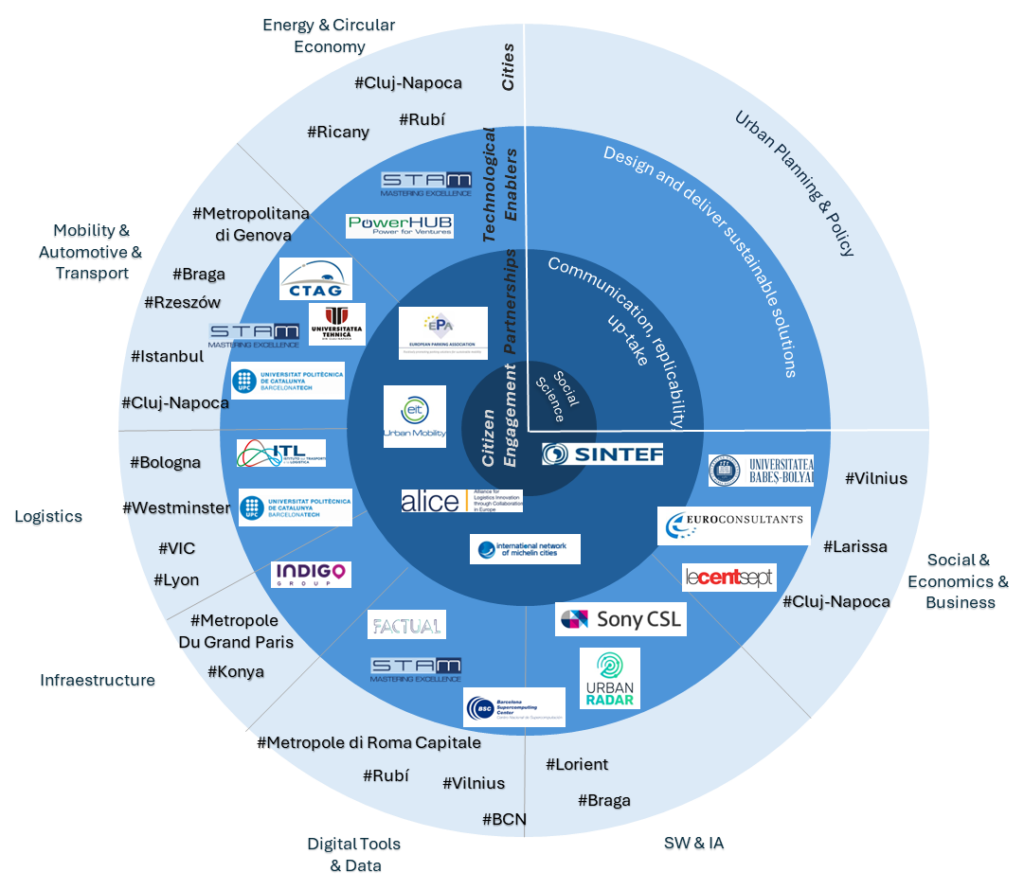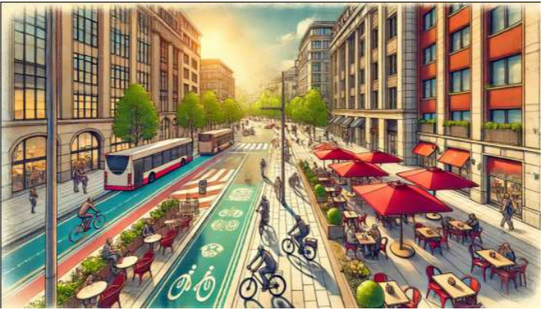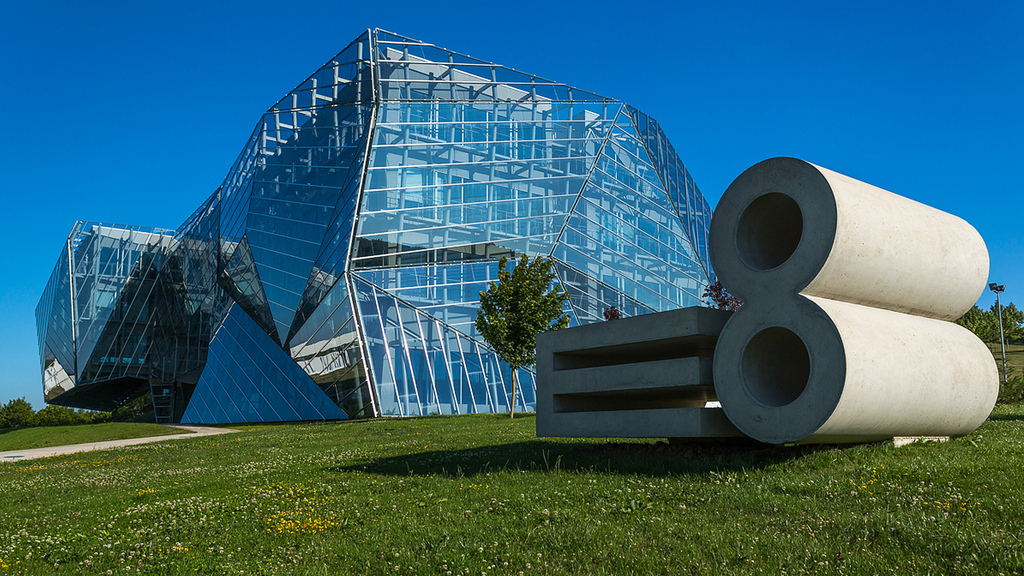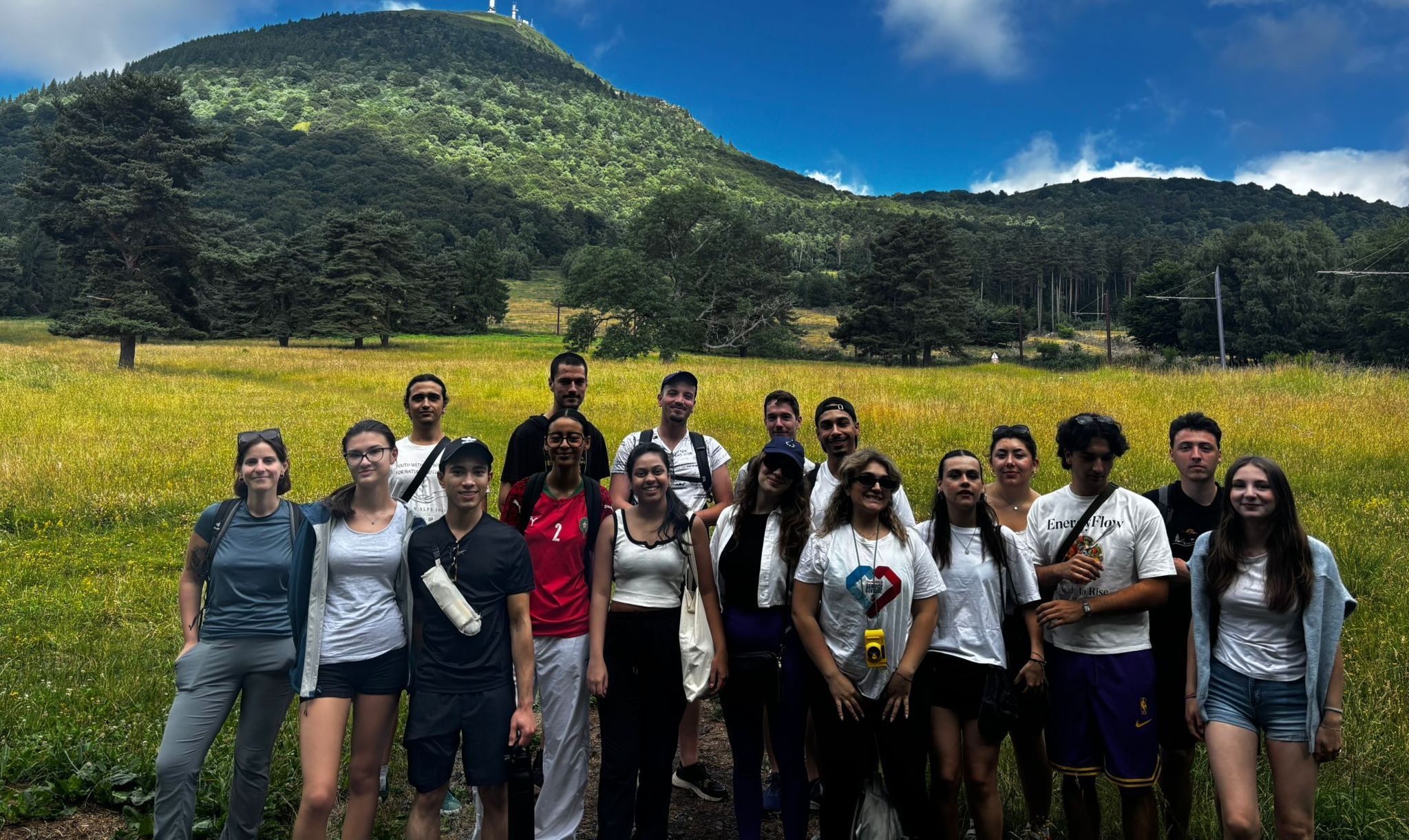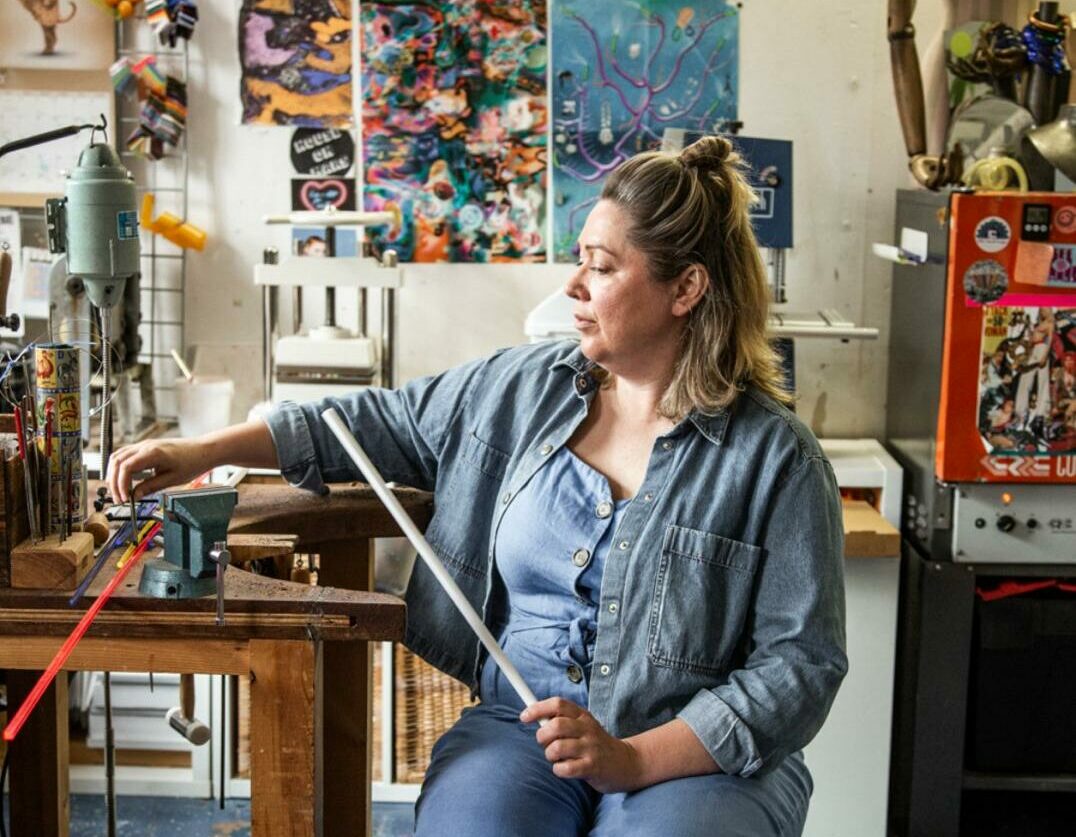Project FLEXIMOVE
Following the Mobility Lab of the 4th Conference of the International Network of Michelin Cities in Anderson, SC, the member city of Karlsruhe invited its peers to participate in the POLIS Conference for Sustainable Mobility, that it hosted in November 2024. 8 INMC member cities seized the opportunity to gather between mobility experts and meet new partners. As early as the end of the Conference, the successful discussions made it possible to join the Horizon Europe call for project on decarbonization, mobility, and public space sharing in urban environments. Entitled “Rethinking urban spaces towards climate neutrality”, the call for project is part of the European goal of decarbonization by 2050. It aims at shedding light on and fostering the spread of successful innovations as regards decarbonization thanks to their implementation in several European cities. FLEXIMOVE, the project proposed by the consortium, is in completion and must be approved by the European Commission in the summer of 2025. If taken on, the FLEXIMOVE project should begin in January 2026 and last 3 and a half years, with a budget worth €15 million.

FLEXIMOVE: an ambitious project of urban transformation for 17 European cities
The FLEXIMOVE project aims at providing the cities and their citizens with the means to transform the use of public spaces in a more flexible and participative way. The “FLEXIMOVE cities” are a dynamic group of 17 cities or metropolitan areas, 6 of which are among the 100 neutral European cities, an EU label. The 17 cities are brought to combine their efforts to determine how to reconcile the growing demand of public spaces, motivated by demographic, social, economic, and environmental tendencies, with the inherently fixed nature of those spaces. FLEXIMOVE favors a descending approach to rethink urban spaces towards climate neutrality. The project’s backbone includes 4 dimensions (physical, functional, digital, and energy-based) which define the scope of the interventions to implement 7 practical cases. SINTEF, one of the European largest research institutes, will lead the implementation of the commitment techniques of all stakeholders and citizens as an interdisciplinary element in the practical cases and lead demonstrations, ensuring a participative urban transformation.
The dimensions are made tangible thanks to the deployment of:
| 12 pilot-cities (short-term impact) | Studies of replication (long-term impact) |
| Bologna (IT) — neutral European city | Istanbul (TK) |
| Cluj-Napoca (RO) — neutral European city | Città Metropolitana di Genova (IT) |
| Métropole du Grand Paris (FR) | Larissa (EL) |
| Città Metropolitana di Roma Capitale (IT) — neutral European city | Konya (TK) |
| Vilnius (LT) — neutral European city | VIC (ES) |
| Barcelona-IMI (ES) — neutral European city | |
| Rzeszów (PL) — neutral European city | |
| Westminster/London (UK) | |
| Lorient (FR) | |
| Braga (PT) | |
| Ricany (CZ) | |
| Rubí (ES) |
The pilot-cities will also replicate initiatives in other situations, thus creating constructive synergies where all cities share knowledge and benefit from continued learning thanks to the study of practical cases. Cities are supported by technological facilitators (RTO, universities and companies), in collaboration with the ETP ALICE, the EIT Urban Mobility, the INMC (International Network of Michelin Cities), and the European Parking Association.

A central role for INMC cities acting as peer cities
On top of the groups formed by pilot- and imitator-cities, a third group gathers peer cities, including the INMC cities which showed an interest in participating in the project. Peer cities will contribute to as well as benefit FLEXIMOVE cities by taking part in expertise sharing, ground visits, trainings, and events, either organized in the framework of the project or in parallel of it. It will also be an opportunity for peer cities to explore as closely as possible a multifaceted range of practical cases in order to study how they themselves could become imitator-cities.
A foremost role for the INMC as leader of a Work Package
After having joined the consortium as an official partner, the INMC was asked to handle the management of the 5th Work Package (WP5) by the Centro Technologico de Automocion de Galicia (CTAG), the leader of the consortium. The Work Packages, the major components of the project, provide additional support to the three city groups to ensure the success of the project. Each of them is led by a partner which takes responsibility of the said Work Package.
Both responsibilities and opportunities for the INMC
As Work Package 5 leader, the INMC works closely with the City of Regensburg’s Techbase and Vitoria-Gasteiz‘s Mobility Lab which will both be in charge of respective missions in the development of the action plan and the budget of WP5. The TechBase joined the consortium as an official partner, in the same way as the INMC. Vitoria-Gasteiz’s Mobility Lab will represent the INMC.
On the condition that the project is approved (answer in July 2025), the INMC will obtain funding for the organization of specific events, conferences and working groups, exchange visits, and networking opportunities with the numerous FLEXIMOVE cities and the technical experts associated to the project.
The involvement of the INMC in this European project will be the opportunity for all the cities concerned by the Mobility Lab (launched during the 4th Conference in Anderson) to work together and benefit from efficient tried-and-tested actions. After POLIS 2024, FLEXIMOVE stands as a new chance for the INMC to increase its visibility on the international stage and develop its connections with other cities committed to utilizing innovative solutions for decarbonization.
